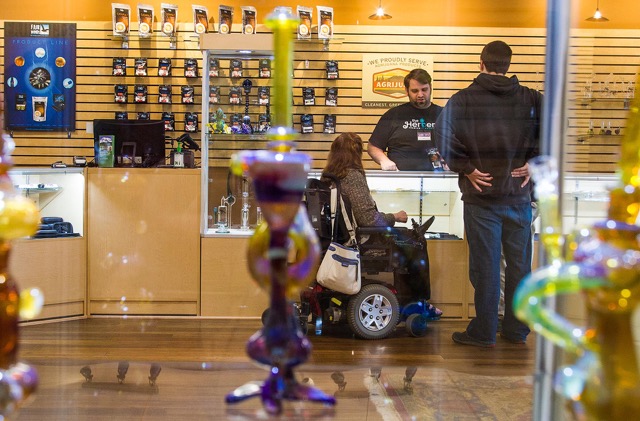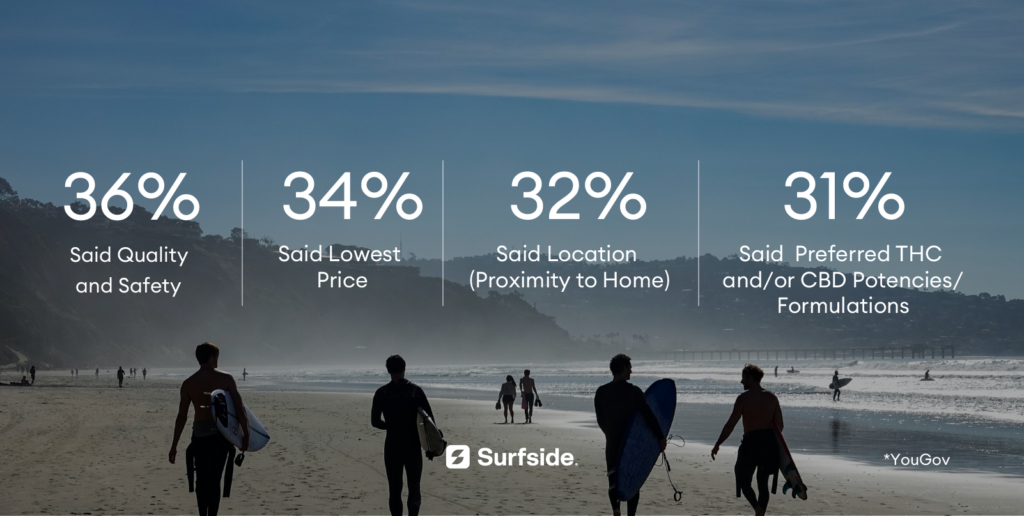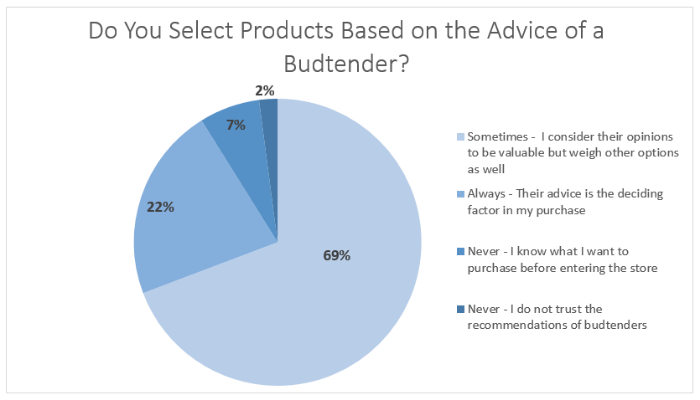As the cannabis industry grows, companies are faced with more labor related compliance and regulatory issues, which require time and expertise. Rather than hire internal staff to manage human resources (HR) and compliance, many companies choose to outsource nearly 85% of HR functions. These functions include payroll administration, HR tasks and other employment liabilities, like insurance, to a third-party Managed Service Provider (MSP). This model frees up internal resources to grow and develop the company’s core business, while also offsetting risks associated with employment, taxes and insurance.
Nicholas Murer formed WECO in 2014 to provide human capital financial services to the legal cannabis industry, offering services like payroll management, workforce management, human resource implementation, accounting solutions, recruiting and staffing. The company has since expanded to providing consulting services, financial product representation, investor asset development, wholesale trading and advising emerging market development projects worldwide.
 With markets across the country maturing at a rapid rate, change is a constant. Cannabis companies operating in new markets need to maintain compliance while focusing on their business plan, which can be a difficult task. We sat down with Nick Murer to learn more about compliance issues that cannabis businesses face, like workers comp, payroll taxes, insurance and how outsourcing some HR functions can help.
With markets across the country maturing at a rapid rate, change is a constant. Cannabis companies operating in new markets need to maintain compliance while focusing on their business plan, which can be a difficult task. We sat down with Nick Murer to learn more about compliance issues that cannabis businesses face, like workers comp, payroll taxes, insurance and how outsourcing some HR functions can help.
Q: What are some of the major labor compliance issues faced by employers in the cannabis industry?
Nicholas Murer: Like other industries, the cannabis industry is subject to labor related regulations like paid time off, harassment prevention training, workers compensation requirements, payroll taxes, pay transparency, unemployment insurance and reporting. Unless companies have an expert, or a team of experts, monitoring and managing compliance on both the employer and employee side, they may quickly find themselves in hot water with state regulatory agencies, or even with an employee for labor law violations.
Another issue continues to be access to banking and payment processing. Many cannabis companies continue to pay employees and vendors in cash, which creates not only problems in accurate accounting, but safety concerns for employees as well. There are banks and credit unions that will work with cannabis companies, but without a partner who has relationships with and access to a proven and trusted network of banks and processors, monthly account and transaction fees can be expensive and out of reach. With the SAFE Banking Act stalled once again in Congress, this will continue to be an issue.
Q: How can cannabis companies mitigate their risk by outsourcing HR functions?
Murer: By utilizing a Managed Service Provider (MSP), cannabis companies enter a labor contract model for payroll and HR administration. An MSP is a professional workforce management company that provides comprehensive employment services for businesses.Nick Murer and the WECO team will be at the CQC this October 16-18. Click here to learn more.
This model provides the client company with the best labor practices, risk mitigation and claims management with access to national workers compensation and unemployment insurance. The MSP is the employer of record, so is responsible for most aspects of the employee/employer relationship. The day-to-day management of the employee continues with the client company, but the company’s liability and risk are reduced. MSP compliance risk reducing services include:
- Background screening and reporting
- Labor related compliance management at state and local levels
- Handbook and policy management and distribution to employees
- A central location for employee onboarding, time and assignment tracking, payroll administration and reporting
- Separation of labor cost for each location/company for 280E tax mitigation
- All federal, state and local tax filings
- Employment verification
- Employee access to health insurance
- Employee access to banking for payroll direct deposit
Outsourcing to an MSP provides cost savings to the company, including:
- Reduced staff
- More efficient payroll processing and legal compliance
- Streamlined recruitment
Utilizing WECO to manage the employer of record process allows client companies to look beyond traditional payroll to a full workforce management solution that ensures a smooth payroll and provides the tools that can support the growth and development of a workforce including compliant banking, human resources management and employee services.
 About Nicholas Murer
About Nicholas Murer
Nicholas Murer formed WECO in 2014 to provide human capital financial services to the legal cannabis industry, offering services like payroll management, workforce management, human resource implementation, accounting solutions, recruiting and staffing. Nick Murer has more than twenty years of professional and technical sales experience working globally in the energy, engineering and scientific industries, including a substantial background in industrial technical sales, account development, marketing, human resources, acquisitions and project management. He studied accounting and business management at the University of Pittsburgh and organization development and human resource management from Colorado State University.
Content sponsored by WECO.
































